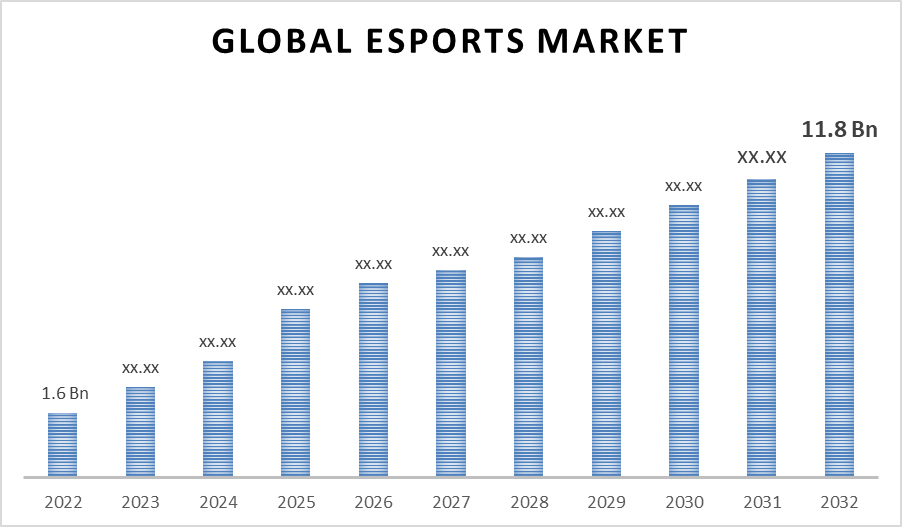The Rise of Esports in 2025: How Competitive Gaming is Changing the Industry
Esports has come a long way from its humble beginnings, and 2025 is shaping up to be one of the most transformative years in competitive gaming history. With multi-million-dollar tournaments, mainstream sponsorships, and growing viewership rivaling traditional sports, esports is no longer just a niche hobby—it’s a global phenomenon. In this article, we’ll explore how esports is evolving in 2025, the key trends shaping the industry, and what the future holds for professional gaming.
Record-breaking prize Pools and Sponsorships
One of the most striking indicators of esports’ growth is the staggering prize money being awarded in tournaments. Major events like The International (Dota 2), League of Legends World Championship, and Valorant Champions Tour continue to push boundaries with record-breaking prize pools. In 2025:
- The International 2025 boasted a prize pool exceeding $50 million, solidifying its place as one of the biggest gaming events ever.
- Riot Games introduced a new revenue-sharing model that allows teams to earn a larger share of event profits, making esports a more sustainable career path.
- Top organizations like TSM, Cloud9, and Fnatic have landed massive sponsorship deals with mainstream brands, from luxury car manufacturers to tech giants like Apple and Nvidia.
The Evolution of Esports Viewership
Streaming platforms have become the backbone of esports, with Twitch, YouTube Gaming, and even Netflix investing heavily in live gaming content. Viewership numbers have skyrocketed, with some tournaments reaching Super Bowl-level audiences:
- The 2025 League of Legends World Championship Grand Finals hit a record 100 million concurrent viewers, surpassing many traditional sporting events.
- YouTube Gaming’s esports-exclusive streaming deals have brought in millions of new viewers, increasing accessibility to global audiences.
- AI-driven commentary and analytics have enhanced the viewing experience, providing real-time breakdowns of key plays and player performance.
AI and Analytics Reshaping Competitive Play
Artificial intelligence is playing a bigger role in esports than ever before, both in training players and enhancing live broadcasts. In 2025, teams are leveraging AI-powered coaching to gain a competitive edge:
- AI tools analyze millions of past matches, helping teams identify strategies and predict opponent moves.
- Pro players use real-time performance tracking software to refine their skills and optimize decision-making.
- AI commentators provide in-depth live breakdowns, making matches more engaging for both casual and hardcore fans.
Mobile Esports on the Rise
The mobile gaming industry continues to explode, and mobile esports is following suit. With high-performance smartphones becoming more affordable, competitive mobile gaming has surged in popularity:
- Titles like PUBG Mobile, Free Fire, and Mobile Legends now feature million-dollar tournaments.
- Southeast Asia, India, and Latin America have become hotbeds for mobile esports, with local organizations investing heavily in infrastructure and training facilities.
- Cross-platform play has allowed mobile players to compete against PC and console gamers, breaking barriers and increasing player diversity.
The Future of Esports: What’s Next?
With the rapid evolution of technology and growing mainstream acceptance, esports is set to become even bigger in the coming years. Here are some predictions for the future:
- Esports in the Olympics? With discussions ongoing, it’s only a matter of time before competitive gaming finds its place in the world’s biggest sporting event.
- VR and AR Esports: As virtual reality technology advances, expect new esports genres to emerge, offering immersive gameplay experiences.
- More Investment from Traditional Sports: Soccer clubs, NBA teams, and even Formula 1 organizations are investing in esports teams, further blurring the lines between traditional and digital sports.
Final Thoughts
The rise of esports in 2025 is not just about bigger prize pools or higher viewership—it’s about a shift in how gaming is perceived globally. Competitive gaming is now a viable career, a billion-dollar industry, and an integral part of modern entertainment. Whether you’re a casual player, a die-hard fan, or an aspiring pro, there has never been a better time to be involved in the world of esports.
What are your thoughts on the future of esports? Do you see it surpassing traditional sports in the coming years? Let us know in the comments below!




